Interview for the Polish website wPolityce.pl, published in two parts, on December 24, 2024 and January 1st, 2025.
wPolityce: What is actually happening in Romania? Is it true that the accusations against Călin Georgescu’s campaign have been refuted? Will the decision to cancel the elections undermine Romanian democracy, thus becoming a model of action for the dominant left-liberal forces around the world?
Before going into more detail, I think it is necessary to say a few words about Georgescu: rather than who he is, it is important to emphasize who he is not.
Georgescu is not a patriot. He is not a sovereignist. He is not an ”independent candidate”. He is not a conservative Christian. He is not a freedom fighter confronting the Deep State.
For most people here Georgescu simply emerged out of the blue. I estimate that 8 out of 10 citizens who voted for him had not heard about him a month before the elections. His fraudulent campaign on social media, supported by Russia and China, has managed to carefully hide his real face from the public, inside and outside Romania.
A man who relies on his country’s enemies to be brought to power, and will later have to return their favors and serve their interests, is not a patriot. Neither can a man who proclaimed that in our country there would be “no more political parties” be a freedom-fighter.
Prior to the first round of elections, not many people here knew about Georgescu’s declared sympathy for Russia, about his contacts with Aleksander Dugin, about his promise to withdraw our country from NATO, or to question the American anti-missile shield installed in Romania.
(Video: Alexander Dugin celebrates Calin Georgescu’s success in Romanian elections, saying that if he becomes president, Romania will enter under Russian influence.)
At the time when Sputnik, the official internet page of the Russian Federation, was still functioning legally, Georgescu’s name was promoted there very often. Sputnik featured him as the greatest chance for Romania, they said that “millions of Romanians wanted him as prime-minister” – which of course was a gross lie, nobody except some journalists or other researchers were interested in the individual at that time.

But during his recent TikTok campaign, there was no mention of Georgescu’s Russian connections. And for a simple reason. He wouldn’t have gotten the votes he got.
Recently, when talking to friendly foreign journalists, Georgescu blamed the cancelling of the first round of elections on NATO, who supposedly tries to get rid of him, because he wants peace and they want war. This is a fragment of a Sky News report from December 7th:
“He (Georgescu) claimed the court (the Romanian Constitutional Court) had been pressured into annulling the election by a group of European Union and NATO countries intent on subverting democracy in his country, because of their desire to maintain the war in Ukraine. They need the war and they want to protect their cheques,” he said to me. “NATO went from defensive to offensive and this we cannot accept. Don’t push me to go to war because it’s not in my interests. But they need war.”
A candidate with an explicit pro-Russian and anti-NATO program wouldn’t have made it into the 2nd round of presidential elections.
He had to hide these things, because Russia is the biggest menace to Romania’s sovereignty, and the current-day Russian leaders have formulated very explicit threats against our country. Throughout our history, there has been no enemy occupation as evil and destructive as the Russian one. NATO is the alliance that ensures our sovereignty, our security and our continued existence in the Civilization in which we want to live.
Georgescu also features himself as a conservative, an Orthodox Christian, and many Orthodox priests and Evangelical pastors have campaigned for him among their communities. Most of them, if not all, ignored his New Age ideas, his use of occult symbols, his Osho inspiration (yes, Rajneesh, the pro-Soviet, anti-Christian, sex-liberation guru and cult leader), and the attacks he had made against the Christian Church in earlier statements.

Călin Georgescu is the Romanian public figure who makes the most shameless, bold and daring apology of the interwar terrorist and anti-Semitic movement „Legion of Archangel Michael”, led by Zelea Codreanu, and the military dictator Ion Antonescu, a faithful ally of Hitler.
In the late phase of Ceaușescu’s regime, in an effort to create legitimacy for the dictator by appealing to some older tradition, certain circles of the Securitate joined these two (rather incompatible) historical references, and added them to communist ideology, in order to create a basis for a national-communist mythology. It served also to erase the memory of the really strong democratic tradition of interwar Romania. Georgescu is the expression of this national-communist synthesis. It was later done in Russia by Dugin and Putin.
Another important piece of information ignored by most people is that Călin Georgescu has also clearly expressed his regret for the collapse of the communist dictatorship. Here is a quote:
“Everything that happened in 1989, I tell you plainly, was just an action, namely a coup d’état, for the West to plunder the resources and turn the population into slaves.”
No wonder he thinks like this, because his career is connected with the darkest remains of the communist regime. It was this precise evil system that has grown Georgescu from his early youth, and he has always been part of it. While researching his official biography, one can find, for example, this interesting information, unfortunately without details:
“After graduating in 1986, he acquired further experience from assignments in the United Kingdom and the United States.”
This raises a series of disturbing questions. Before December 1989, under late Ceaușescu, when it was very difficult even to get a passport and go to neighbouring fellow-socialist country Bulgaria to buy soap, this young pedologist (specialized in the study of soil) went to the UK, and to the US!
On “assignments”! Who gave “assignments” in those times? What did he actually do in the UK and US? What kind of “experience” did he acquire there? After 1989, Georgescu’s career was still connected to people of the pro-Russian group from within the old structures of the ommunist regime. They managed to seize power by hijacking the Romanian revolution of 1989, under the leadership of Ion Iliescu. These pro-Russians, some of whom were proven as outright Russian agents, had been marginalized by Ceaușescu, who feared that the Russians would overthrow him. They were reactivated by Iliescu and appointed to strategic positions.
This is when Sergiu Celac – former personal translator of Nicolae Ceaușescu, later fallen out of favor with the dictator – became Minister of Foreign Affairs of Romania (early 1990). For his part, Minister Celac worked closely with Mihail Caraman, the notorious KGB spy, who was appointed by Iliescu as deputy minister of National Defense in January 1990, and soon after, head of newly-re-organized Foreign Intelligence (SIE). Caraman had been the head of the famous network that bears his name, which spied on NATO for the Soviets during the Cold War, causing considerable damage to the North Atlantic Organization.
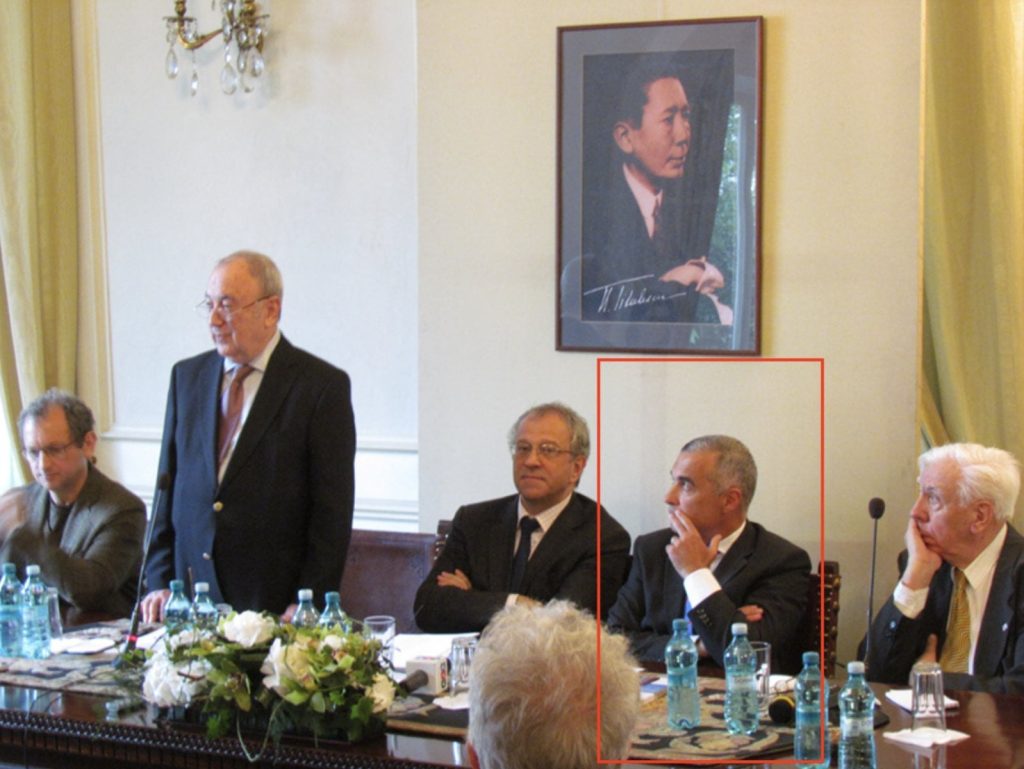
Călin Georgescu was a very close collaborator of Celac at that time. This is how he began to successively occupy various government positions.
Considering these close connections, journalists and other analysts rightly concluded that Georgescu is a product of that particular entourage, the effect of the Caraman legacy. Those circles are the Romanian-speaking homologue of the WSI (Wojskowe Służby Informacyjne, The Polish Army Intelligence Service. * For non-Polish readers, read note at the end) circles in Poland. Are the WSI circles in Poland “anti-establishment”, or are they an essential part of the Deep State themselves?
wPolityce: What is actually happening in Romania? Is it true that the allegations against Călin Georgescu’s campaign have been refuted? Was his campaign financed by the National Liberal Party to discredit him – as many media outlets have reported? How strong are the indications of Russian interference?
No. It is not true at all.
The investigative journalists, who quoted sources from within the fiscal authorities, only said that the liberals (PNL party), whether knowingly or unknowingly, contributed to Georgescu’s campaign, nobody said that they financed it entirely. This piece of news has not disproved nor contradicted the reports of our intelligence institutions, followed up by professional and in-depth media investigations, indicating a massive Russian operation in favor of Georgescu, using extremely expensive Chinese assets (being under the control of the Chinese government).
The authors of this recent investigation never claimed that now all the mysteries of Georgescu’s campaign funds are explained. And they certainly never said that now any Russian involvement has been ruled out. It is simply false to say so. In Romanian language media, we find this version only in the pro-Russian zone.
First of all, such a thesis is strikingly irrational. Why would the liberals create a huge problem for themselves? Why would they throw their money into growing an individual from a total nobody into a dangerous political competitor? This is nothing but a Russian-inspired conspiracy theory, meant to cover their unlawful interference with our elections, it has nothing to do with real life. I am shocked to see such an interpretation has been uncritically adopted by the Polish Conservative media and by prominent PiS politicians.
The facts are as follows: PNL has contracted a company, namely Kensington Communications, to hire some TikTok influencers, through the FrameUp platform, for a civic awareness campaign under the hashtag #echilibrusiseriozitate (“balance and seriousness”). The influencers were supposed to record small videos and post them on TikTok. The PNL leaders state that this operation was not meant as a part of the party’s electoral campaign, but only intended to promote euro-atlantic values and to encourage citizens to go to vote.
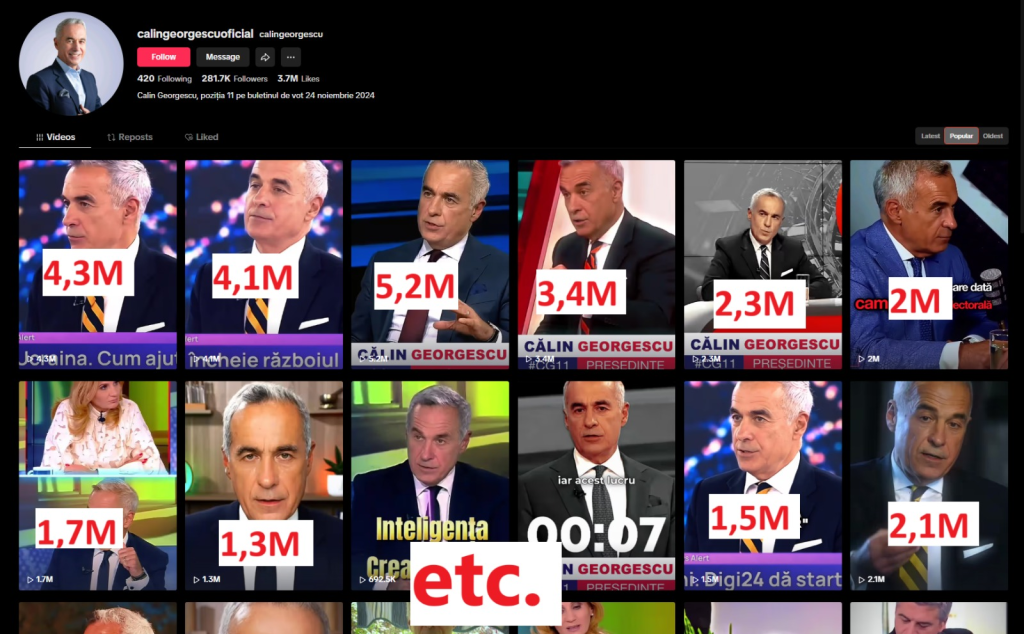
But later on, by some strange phenomenon, the hashtag was changed into #echilibrusiverticalitate (“balance and verticality”), which happened to coincide with Georgescu’s campaign slogan. The content of the messages remained pretty much the same, but in the comments underneath the videos, many of the influencers told the users that the message actually was about Georgescu.
So the PNL’s civic campaign ended up becoming part of Georgescu’s electoral campaign. The PNL leaders as well as the representatives of Kensington Communications company firmly state that their campaign has been cloned or stolen by Georgescu’s campaigners, without their knowledge or agreement.
PNL’s campaign – most likely illegally hijacked, the authorities will clarify this because the company hired by the PNL filed a criminal complaint – was anyway only a limited component in the huge machine that propelled Georgescu. And it certainly does not take the Russians out of the discussion. Such an interpretation is totally disproportionate, and looks like a Russian smokescreen. It’s as absurd as saying that Poland violates human rights by attacking immigrants on the border with Belarus. Our Polish friends should examine their sources more carefully.
They need to understand that the AUR party, that has unfortunately been accepted as an ECR member, and thus has become an ally of PiS, is simply the most important pro-Russian political entity in Romania, and not a trustworthy ally for the Polish patriotic camp. Simply considering the numbers and proportions, it is obviously false to affirm that PNL was the single / or the most important sponsor of Georgescu’s campaign.
We do know that PNL’s contract with Kensington was worth 1 million RON (Romanian Lei), which is around 200 000 euro.
From one of the recently de-classified documents of the Supreme Council of National Defense, we also know that at least one of Georgescu’s campaigners, Bogdan Peșchir, paid around 1 million euro to various influencers to promote his candidate on TikTok.
This means that we have at least one other entity, completely different from PNL, that has spent five times more than the PNL’s “contribution” (according to the statements of its leaders, unintended and dishonestly misappropriated) for Georgescu’s campaign.
According to certain estimations, the total costs of Georgescu’s campaign might have amounted to at least 50 million euros – although Georgescu has officially reported ZERO costs.
wPolityce: Still, what do you think about the concerns, also heard in Poland, that a very dangerous precedent has been created in Romania? Now, if an anti-establishment candidate wins, all you have to do is create a pretext and simply invalidate the elections. Aren’t you afraid that these concerns are justified?
I agree that cancelling elections is quite an extreme step, but I think that it was the only appropriate thing to do in this situation. State authorities not only have the right, but the obligation to recur to whatever legal means they have at their disposal, even to exceptional ones, if this is justified by the proportions of the threat to society that needs to be addressed. In this case, the measure was justified. It has no reason to be accepted as a common practice in Romania or other countries.
I do think that our institutions should have acted earlier, and should have done more to prevent this crisis. Georgescu was known to the intelligence services and shouldn’t have been allowed to get to the point where he could steal a whole country, and where the last resource had to be the cancellation of elections. As former Romanian President Traian Băsescu has declared, “this is a serious defeat in terms of national security”.
Now that the crisis had become that serious, the Constitutional Court (CCR) couldn’t pretend everything was fine, they had to intervene. The choice was not between a very risky option and no-risk-at-all. There was no real good option here. It was a choice between a great risk and a mortal risk. This crisis is probably the most serious one we experienced since December 1989.
We are the second-largest NATO country on the eastern flank after Poland, strongly supporting our neighbor Ukraine against the criminal Russian aggression, and we were really running the risk of being derailed from the alliance with the US towards a pro-Kremlin line. This wouldn’t have been a happy development from the point of view of Poland’s objective interests either. And it was certainly not the will of the Romanian people.
Romanians do not want to fall under Russian domination ever again.
Our people do wish to have a President that loves Romania and defends our freedom and dignity, one who is profoundly attached to Western Civilization and its values, and would work to strengthen our freedom and security by making sure our country remains a reliable and respected NATO member.
The authors of Georgescu’s campaign knew that, and created his false image to fit exactly those expectations.
If he participated in the campaign normally and transparently, voters could have found out that he is in fact the exact opposite of the candidate he wants to impersonate. But he practically skipped all debates and confrontations, he avoided real exposure to public scrutiny, any questions about his past and present connections, or about his real intentions. He has been promoted mainly on TikTok, through a parallel campaign, outside of the legal rules. He also got supported by paramilitary groups (that’s how we found out that such groups existed in our country) and by the underworld.
Georgescu’s “success” is the result of a gigantic hybrid operation, an immense fraud, directed from abroad, by the enemies of our country and of the entire Civilization.
They could do it because they relied on the collaboration of some circles within our country, whose origins are to be found in those old structures of the Securitate (the secret police of the communist regime), which still exert an extremely negative influence in our society and institutions.
The more or less informal but still influential networks inherited from the communist regime are the origin of the greatest corruption schemes and most important organized crime groups we have been seeing after 1989, not only in Romania, but all over Eastern Europe. As pointed out by Prof. Andrzej Zybertowicz, these mafia-like networks, resulting from the privatization of the police-state, may anytime turn into a threat to our countries’ independence.
The full-scale Georgescu operation was set off abruptly when the campaign was already on. This is one of the reasons why the institutions, starting with the President and the Government, who had to be briefed by the intelligence services, according to their legal attributions, on what was happening, could not take the appropriate steps without incurring the risk of being accused of influencing the campaign.
The size of the resources invested in this operation indicates by itself the participation of state actors. As pointed out in the declassified SRI (Romanian Intelligence Service) report, there had been cyber attacks on IT infrastructures used in the electoral process. The scale thereof also leads to the conclusion that the attacker had a mode of operation specific to a state actor.
The SRI informed the CSAT (Supreme Council of National Defense) that a huge number of accounts created in 2016 and later on integrated into the TikTok platform had been reactivated just before the elections. The value of such assets is very high, as all were unique IP accounts that had been kept waiting for long years.
Their activity started suddenly and was coordinated by groups formed on the Russian Telegram network in 2022.
The Russians ran most of the campaign, using the TikTok accounts. China’s involvement is demonstrable by the fact that TikTok, controlled by the Chinese government, allowed the campaign to run.
No ordinary people, no ordinary campaign – no matter how ingenious – could have had access to these Chinese accounts created years ago, as the TikTok application was not accessible to the general public.
So Calin Georgescu’s main campaign on TikTok was not based on the small, marginal part funded by the PNL, but on tens of thousands of Chinese accounts that amplified his videos, under the coordination of the state actor mentioned by SRI – which is Russia.
The mechanism through which the content gets promoted on TikTok is not transparent, users and authorities do not have access to information about the factors that determine its display.
The actors involved in Georgescu’s promotion campaign, however, demonstrated a very good knowledge of TikTok’s policies, they had all the necessary know-how, as we read in the SRI report. It is important to note that these opaque TikTok algorithms can be used in order to support pro-Chinese or pro-Russian candidates not only in Romania, but anywhere else, including Poland. Similar operations were noticed in Germany recently, during the elections that took place in Thuringia and Saxony.
So, our Polish friends should also worry about this other kind of threat.
Yes, they are probably right, there may be a risk that, let’s say, that Dr. Karol Nawrocki wins the elections for President of Poland, and the deep state in your country simply cancels them under any pretext, with no serious reason.
What if on Monday morning, Polish citizens wake up and find out Mateusz Piskorski won the first round of presidential elections?
But what about another scenario, in which on Monday morning after the first round of elections, Polish citizens would wake up and find out that either Karol Nawrocki or Rafal Trzaskowski had qualified for the second round. Instead, their choice would be between Mateusz Piskorski – who used to rate under 1% still days before the voting and now has all chances to win, and some lady, let’s say Magdalena Biejat, who would most probably lose.
Would you then analyse this phenomenon in terms of mass psychology, sociology, economic factors? Would you think maybe people are tired of the constant conflict between PiS and PO and simply wanted new faces? Would that be enough to explain such a sudden blow? Or would you consider some other possible explanations? If official reports of the Polish Intelligence told you that there had been a massive Russian-Chinese-driven fraud, would you dismiss that as deep state manipulation against the anti-system candidate? Would you then expect your Supreme Court to validate the elections?
It is not a science fiction scenario, we are in a war context, we know how Russian infiltration works all over the world, do you really think they couldn’t do it in Poland? Even if they had enough assets within the current-day ruling political group, why wouldn’t they replace it with a more explicitly pro-Russian one, if they had the means and the occasion? It has happened innumerable times in all parts of the world.
Our American allies do take these threats very seriously.
A bipartisan commission of American senators has issued the following statement about the attack against our Presidential elections. It indicates the real perpetrators in very clear terms:
“Vladimir Putin’s assault on Romania’s elections is yet another example of the hybrid war he is waging on our European allies and partners”, we read in the statement. “As a strong NATO ally, we support Romania as it fights for the integrity of its elections. We condemn Putin’s manipulation of Chinese Communist Party (CCP)-controlled TikTok to undermine Romania’s democratic process. The world must wake up to the serious threat to democracy posed by Russian manipulation of TikTok to undermine our free societies.”
wPolityce: However, canceling the elections undermines democracy in the long term. Don’t you think that, especially in terms of trust in democratic procedures, the long-term costs will prove to be extremely high?
When a fire erupts in the house, one just tries to stop the flames, making sure everybody stays safe, and then later they will be able to count the costs of wall paint and furniture damaged by water. The biggest threat to democracy was the operation Georgescu and all the things that were behind it, and not the defense against it.
The Romanian people are not stupid. Even if many have been deceived by Georgescu’s campaign, most of his voters will not regret him, as more and more shocking details about the hybrid candidate come up to the surface.
wPolityce: What are the deeper sources of Georgescu’s success? Why couldn’t the traditional Romanian right-wing stop him by proposing an attractive candidate who would respond to the demand you mention?
I do not think that Georgescu’s success can only be explained by the dissatisfaction of Romanian people with the current-day political class. It is mainly the result of the huge Russian-Chinese operation that has created him out of nothing. But of course, they made use of every weakness they could find in our society.
There are of course many reasons why people are right to be angry at our politicians. There is a lot of corruption, incompetence and cowardice. There are also good things that have happened, and maybe they weren’t highlighted as much as they deserved.
What I mean is that a certain degree of discontent is justified, it does however not justify extreme actions, like trying to completely overthrow the democratic system in the hope that something better may emerge after such a complete disaster. It is better to have an imperfect political scene than not to have any space for politics whatsoever. And I think most of my compatriots share this view.
When studying the recently declassified documents, there was a thing that called my attention in a special way. They say that the Russians had very carefully studied the psychological and sociological trends in our public and had shaped their candidate’s campaign in ways meant to respond to all these aspirations, frustrations, conflicts and interests.
The big problem, the greatest vulnerability we have in terms of political offer in Romania is the lack of a coherent political expression (in the media as well as in the political arena) that would be freedom-oriented, Christian, patriotic as well as solidly attached to the West. All the opinion polls show that this is the expectation of the majority of Romanian society. But we only have some kind of “progressive” “pro-European” or post-communist left-wing on one hand and the fake patriots and fake Christians (in reality, adepts of Putin and Dugin) on the other. The Russians are trying to “dialectically” use both wings according to the scissors strategy, while making sure no normal conservatism is allowed to become visible.
For many years, we have been trying to make known the Polish conservatism in Romania, hoping it was possible to follow its example here. Through AUR, the Russians have managed to interfere in our relations between Poland and Romania and ruin them for many years to come.
The admiration that Romanians naturally have for Poland and Poles is eroding with every picture in which Simion, the leader of AUR, a product of the remnants of Ceausescu’s Securitate, is shown with PiS leaders.
In turn, we see that the Polish conservative media and the leaders of PiS prefer to give credit rather to Georgescu’s version of the story and to AUR party, their ECR allies, instead of listening to their real Romanian friends.
note: WSI, The Polish Army Intelligence Service, established in 1991 and liquidated following the decision of the Sejm in 2006. According to the report drawn up on this occasion, known as the “Macierewicz Report”, after the name of the Deputy Minister of Defense, who was in charge of investigating and liquidating the WSI (see full text of the report in English here https://archive.org/stream/MacierewiczReportOnLiquidationOfThePolishMilitaryInformationServices/WSI_Report_full_djvu.txt), the WSI not only failed to fulfil their legal obligations (they did not catch a single Russian spy), but acted against the law, using their agents (many of them former workers of the communist political police) to infiltrate politics, the press, diplomacy, justice, industry, trade, tourism, education, practically, all areas of society, in order to promote the interests of the former communist nomenclature connected to Russia as well as foreign interests hostile to Poland. Practically WSI functioned as a vast Russian agency. They also got involved in downright mafia activities – the fuel mafia, arms trade, contacts with international terrorist organizations.



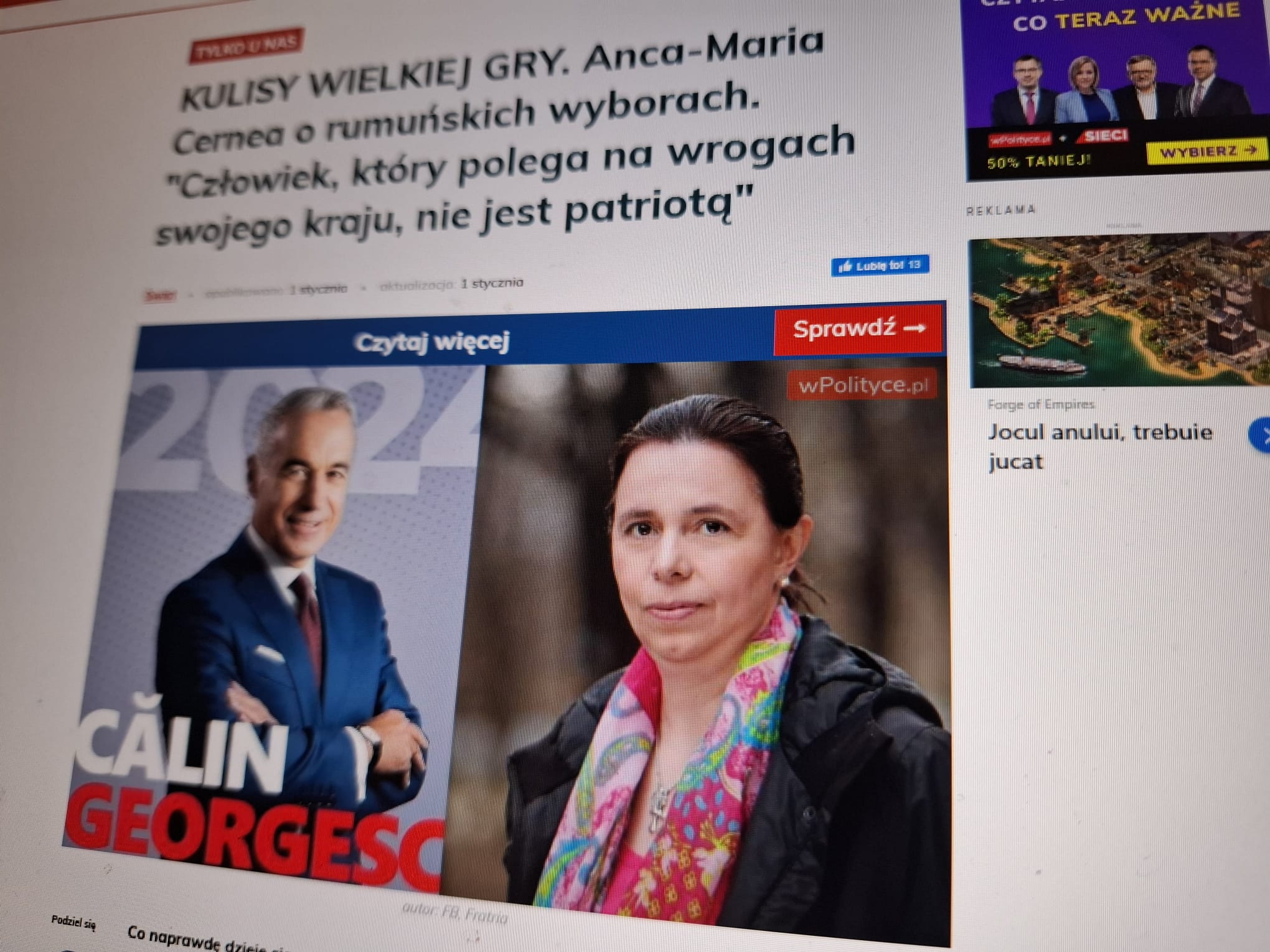

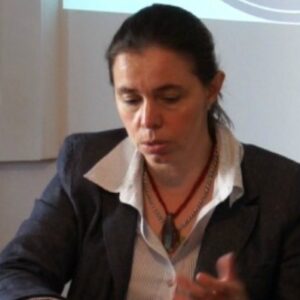



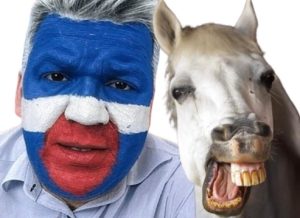
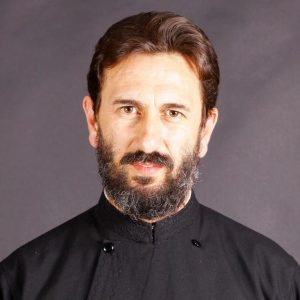
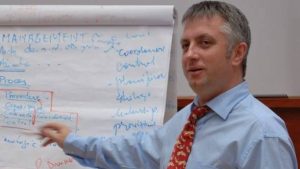
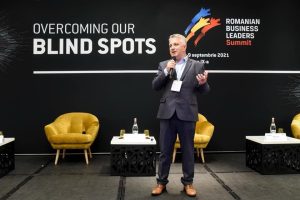
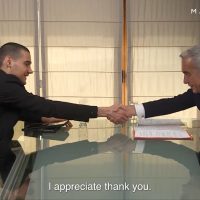
![marius-bostan-foto[1] marius-bostan-foto[1]](https://inliniedreapta.net/wp-content/uploads/elementor/thumbs/marius-bostan-foto1-qt9ywoo2b2lgv37b76h9qr5yo6db5vwzoxbuvd4e6o.jpg)
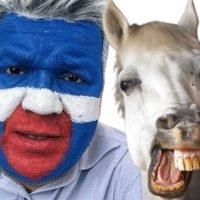
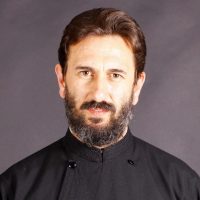
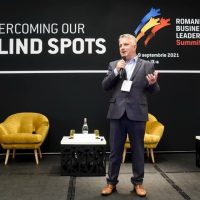
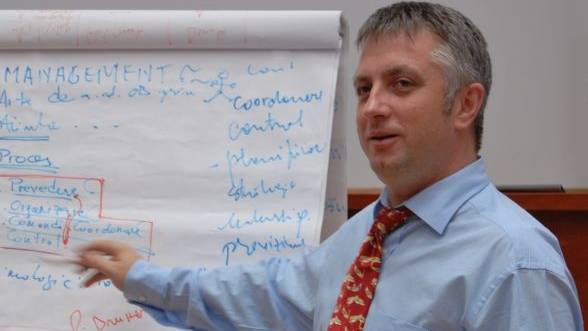
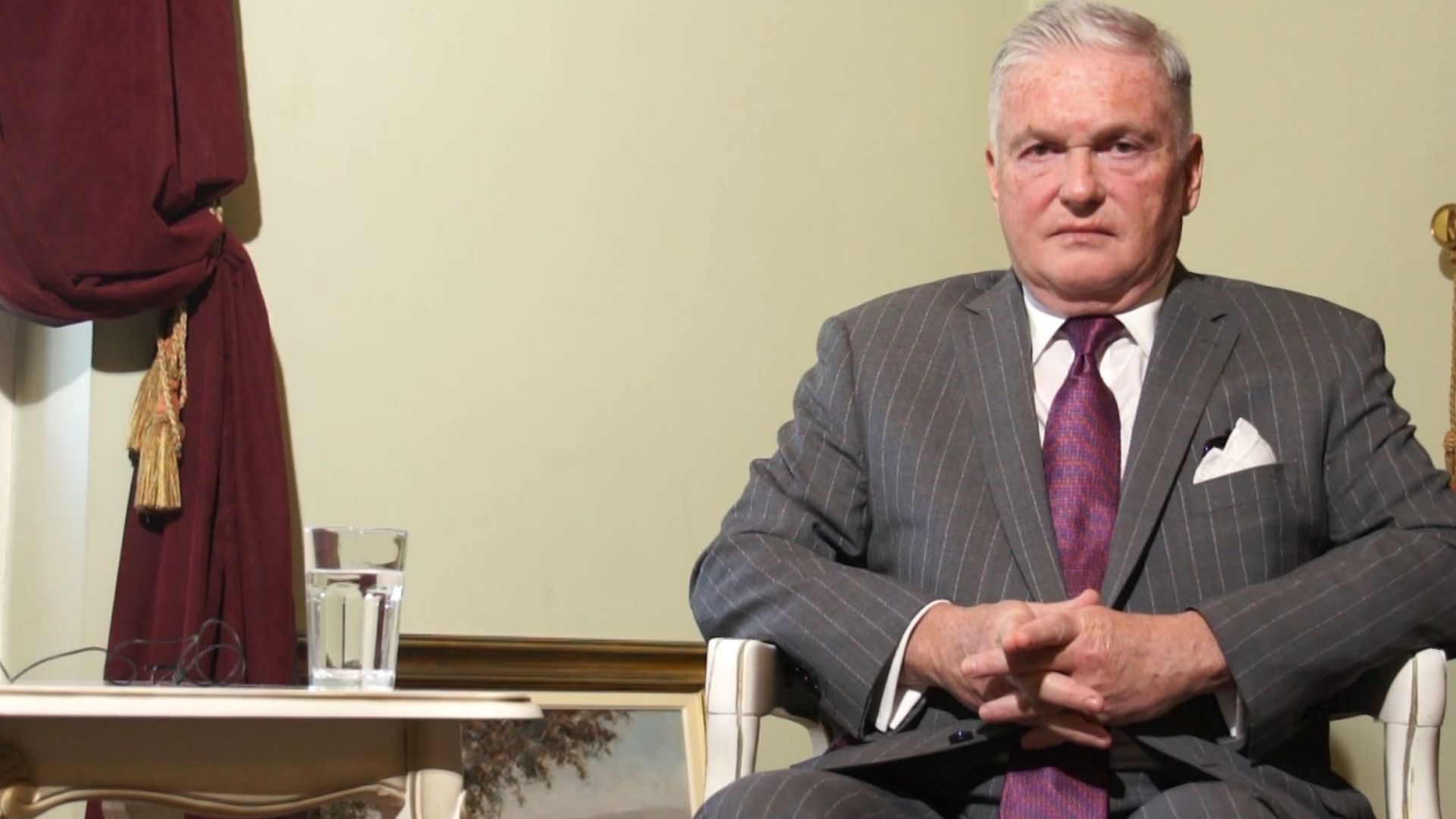

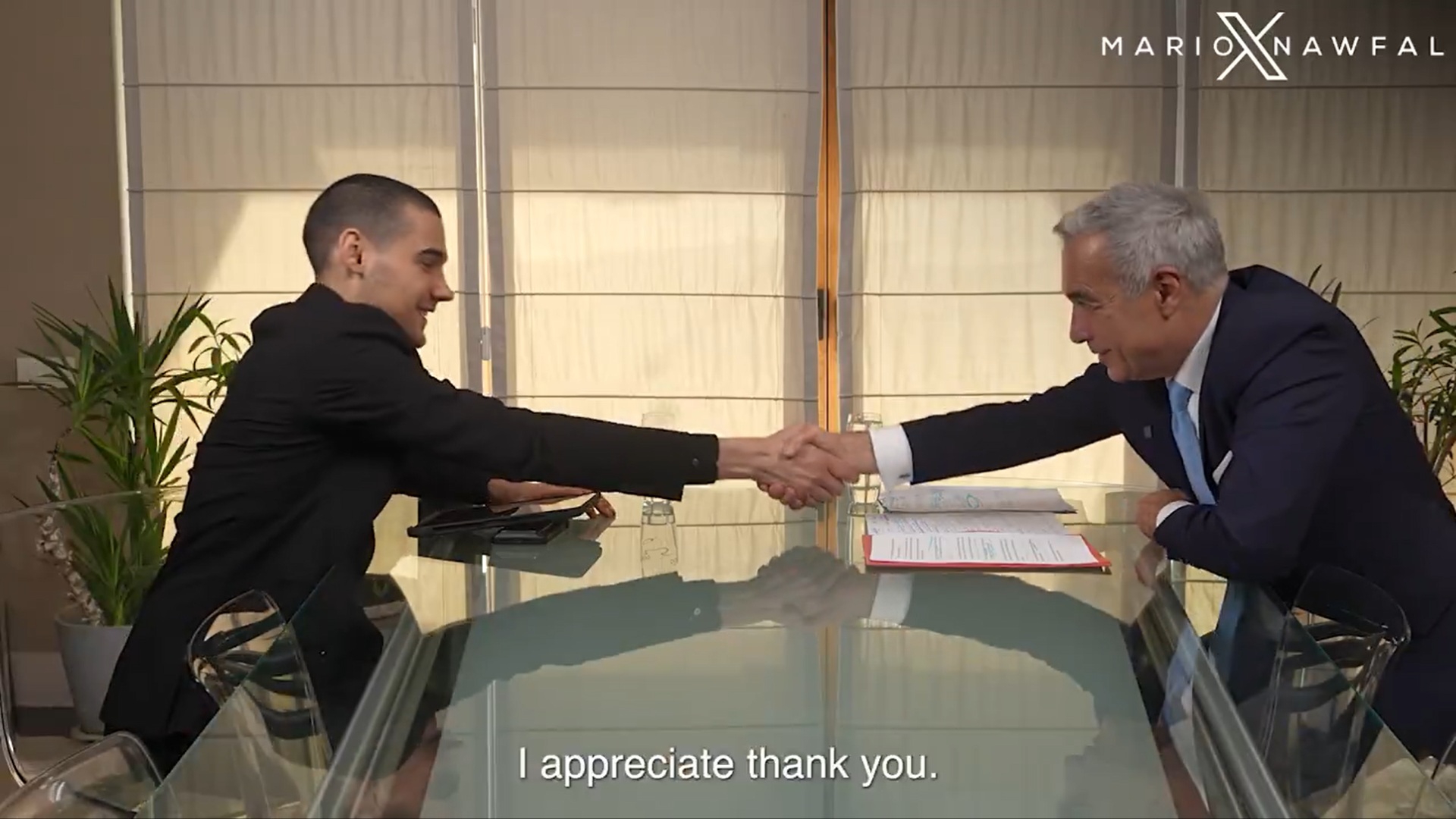
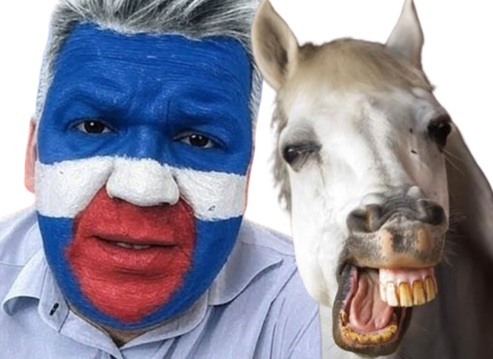
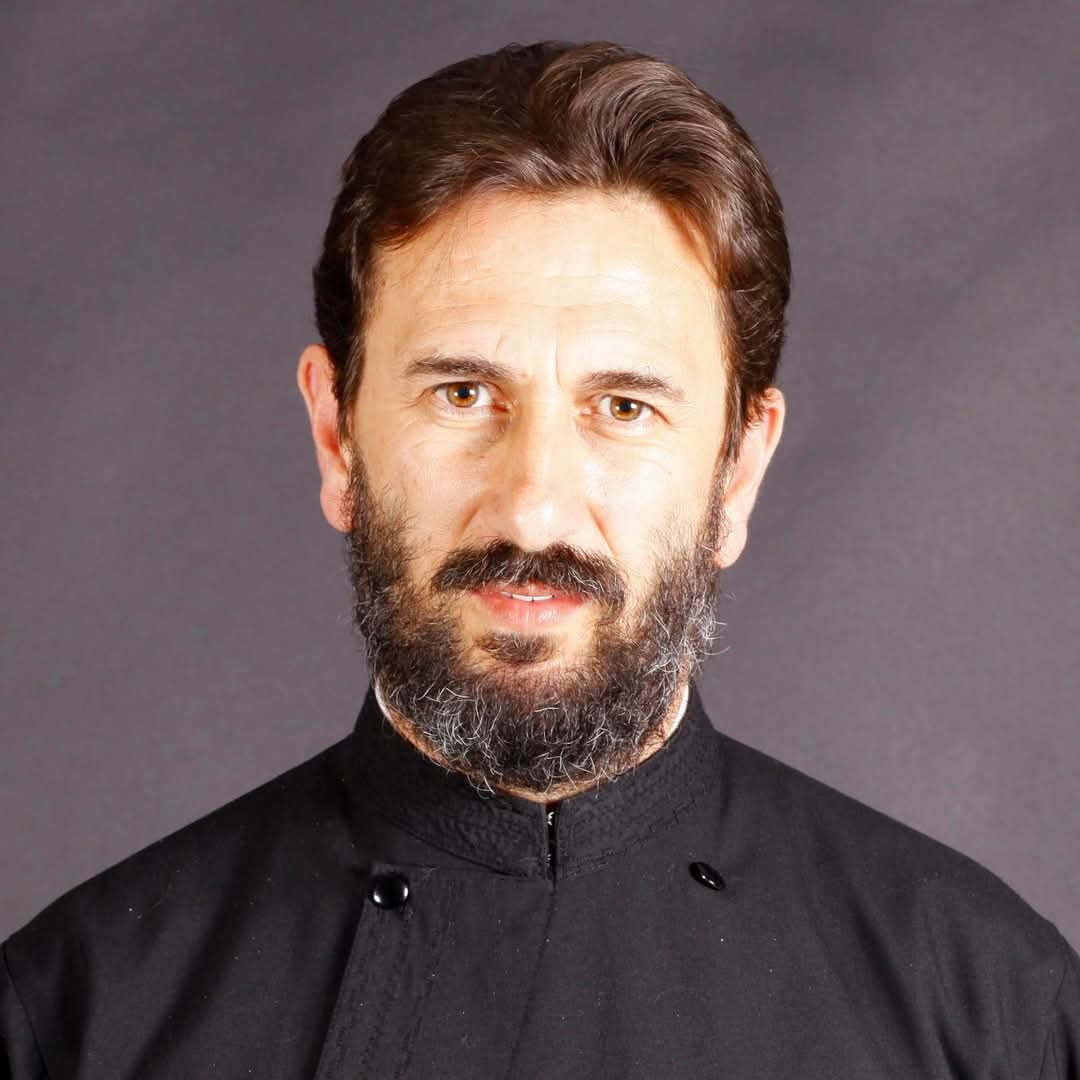
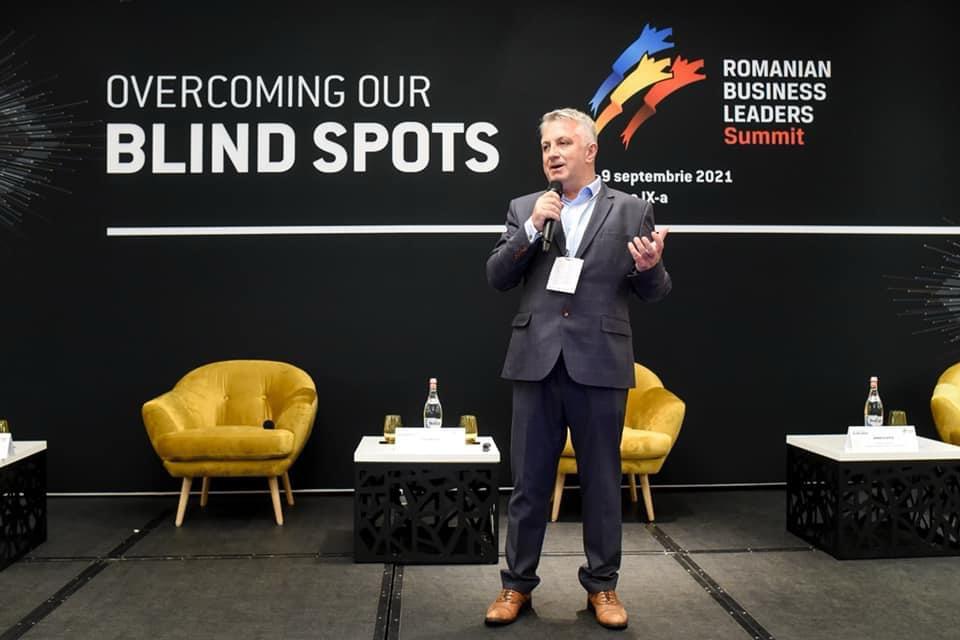
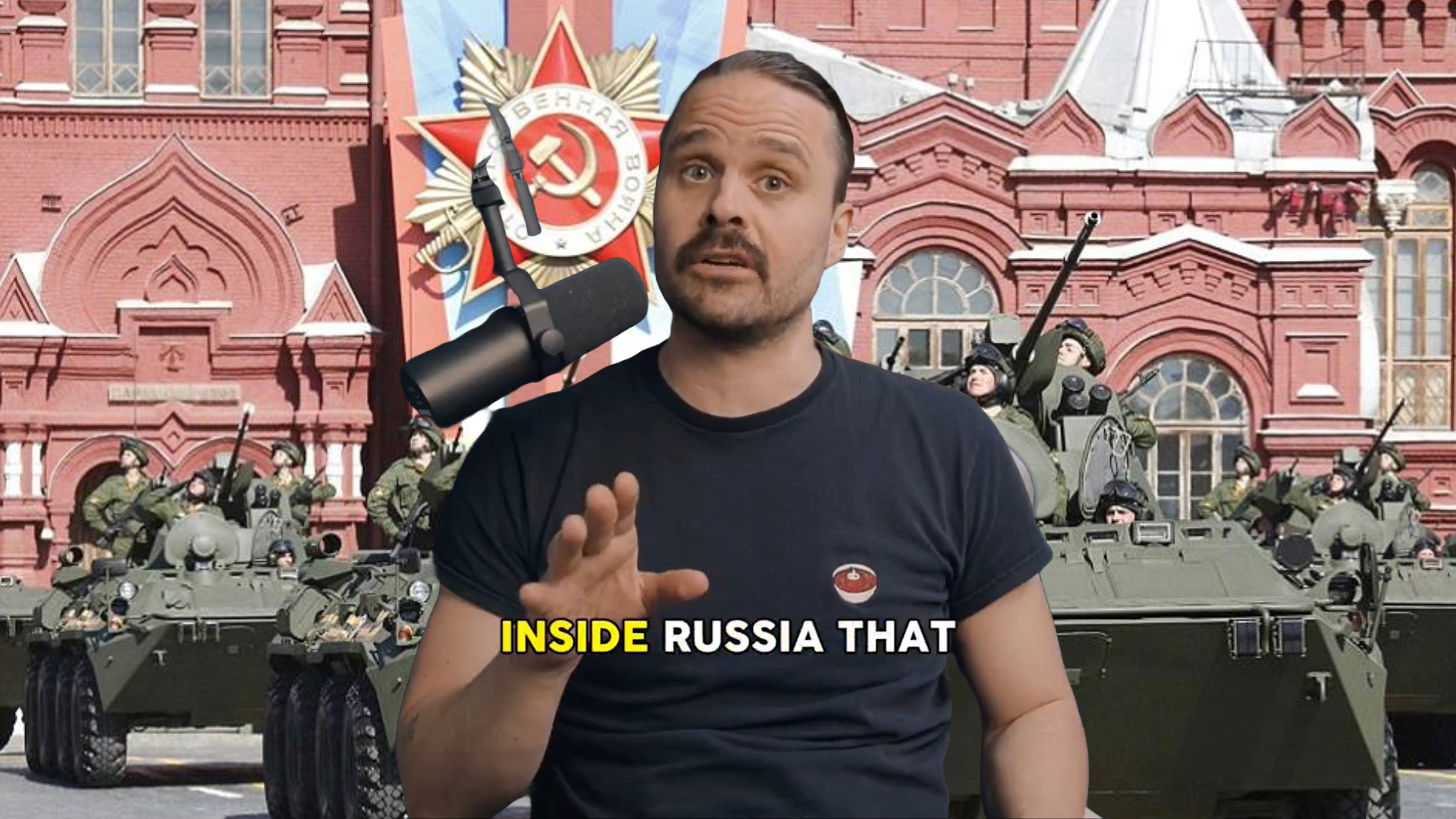

Trackbacks and Pingbacks